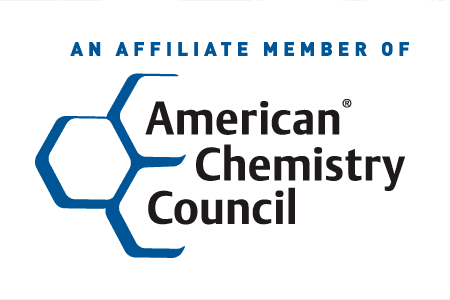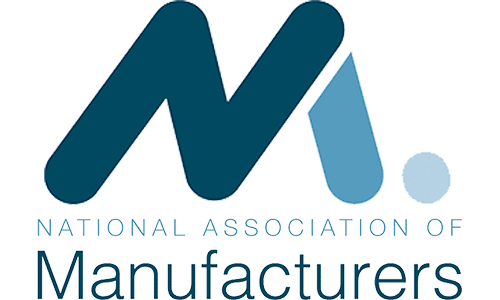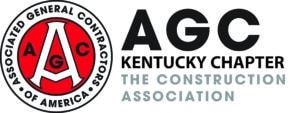By Paul Goatley, Fisher Phillips, LLP
If you think you can ignore this article because your employees are not represented by a union, you should continue reading. Companies that survived the COVID-19 pandemic must prepare for a new wave of labor relations challenges in its wake. The pandemic and widespread economic shutdown intended to contain it, created economic uncertainty and increased concern for workplace safety, and unions are not letting this crisis “go to waste.” Both unionized and union-free employers are seeing a spike in employee activism. In some cases, unions have demanded changes to the terms of existing labor agreements. In other cases, unions have used the crisis to persuade union-free employees they need a union to “protect them.” In other circumstances, union-free employees have engaged in protected concerted activity (without even realizing it) by demanding changes to their terms and conditions of employment. In some instances, this activism has become a public spectacle. What may initially appear to be mere griping and leveraging can, if not handled properly, become a public relations nightmare and a financial threat to your business. All employers must be equipped to handle this new threat.
What Can Manufacturers Expect?
With COVID-19 still dominating the discourse, many manufacturing operations are faced with employee demands for premium pay or improved working conditions, or worse, public protests and other appeals to the public via news and social media outlets. While some demands seem trivial, such activity often is “protected” under the National Labor Relations Act (the “Act”) – irrespective of whether your employees are unionized. If your employees engage in such activities, you must be careful not to violate their rights under the Act.
The first step to effectively responding to employees COVID-19 related concerns and demands is ensuring you are adhering to federal and state mandates related to COVID-19. This includes CDC guidance concerning the use of personal protective equipment, social distancing, and quarantines. If you are doing the things the CDC recommends and federal, state, and local governments require—and you can show employees that you are—that should give reasonable employees peace of mind regarding safety issues. Fisher Phillips’ Post-Pandemic Back-to-Business FAQs for Kentucky and Indiana Employers is a good place to start to ensure you comply.
Second, you should refrain from dismissing employees’ demands outright, even if their demands seem unreasonable or frivolous. No one likes being ignored and ignoring employees may make them more committed to their cause. Meet with employees, or their authorized union representatives, to listen to their concerns. Sharing examples of the steps the company is taking to ensure a safe work environment and, in turn, showing its dedication to the adherence of state and federal mandates, can go a long way to allay their legitimate concerns. When addressing pay issues, it is best to adopt a well thought out, rational, and honest response. This may include providing general information about how COVID-19 has impacted your industry, your company, your customers and suppliers, and your ability to be competitive. Simply saying “no,” without any explanation, may help unite employees against you.
Listening to employees’ issues helps show you respect them, are concerned about them, want to understand their concerns, and recognize their importance. Even if employees’ concerns or demands prove unreasonable, there is value in keeping the lines of communication open, even if only to identify smaller adjustments that can lead to broader issue resolution.
Similarly, while a unionized employer need not concede to every demand for midterm contract modification, it may be worthwhile to consider one-off, non-precedential departures (generally memorialized in separate letters of understanding) – particularly considering changed circumstances. For additional information concerning employer rights and obligations as it relates to a union contract, see the Fisher Phillips COVID-19 Guidance and FAQs for Unionized Employers.
Increased Use of Social Media
As social distancing requirements make public movement and gatherings more difficult, employees are increasingly taking their concerns to news and social media outlets to exert pressure and garner public support. Such activity often is protected by the Act, even when conduct and statements are opprobrious and blatantly untrue. Comments that are “flagrantly disloyal and wholly incommensurate with any grievance” are not protected, but proving comments meet this standard is challenging in the best of times and likely will be more difficult against the backdrop of the COVID-19 crisis. Before taking any adverse action regarding a social media post or news story, it would be smart to refer to your company’s communications plan and consult legal counsel.
Preventative Practices for Unionized and Union-Free Manufacturers
Manufacturers would be well served to take proactive steps to alleviate any safety-related workplace concerns. Mitigating employee concerns before they materialize is always preferable. To that end, consider the following measures: (1) develop a COVID-19 Response Plan; (2) take a walk around your facility/office and note any CDC or OSHA compliance issues; (3) make cleansing wipes, sanitizers, gloves, and masks readily available; (4) post signage reminding employees of sanitation and safety standards; (5) appoint a COVID-19 compliance manager; (6) review/revise safety policies and consider making them public to promote transparency; and (7) train all staff and employees on policy adherence.
Conclusion
Many manufacturers will soon (some already have) be grappling with economic and operational challenges posed by walkouts, public protests, and threats to interrupt service if employees’ demands go unmet. It is important to stay ahead of these challenges and develop a proactive labor relations plan and rapid response strategy well before the first signs of employee activism.
This article provides an overview of certain legal issues. It is not intended, and cannot be construed, as legal advice for any purpose. For more information, contact an attorney in the Louisville, Kentucky, office of Fisher Phillips at (502) 561-3990.




